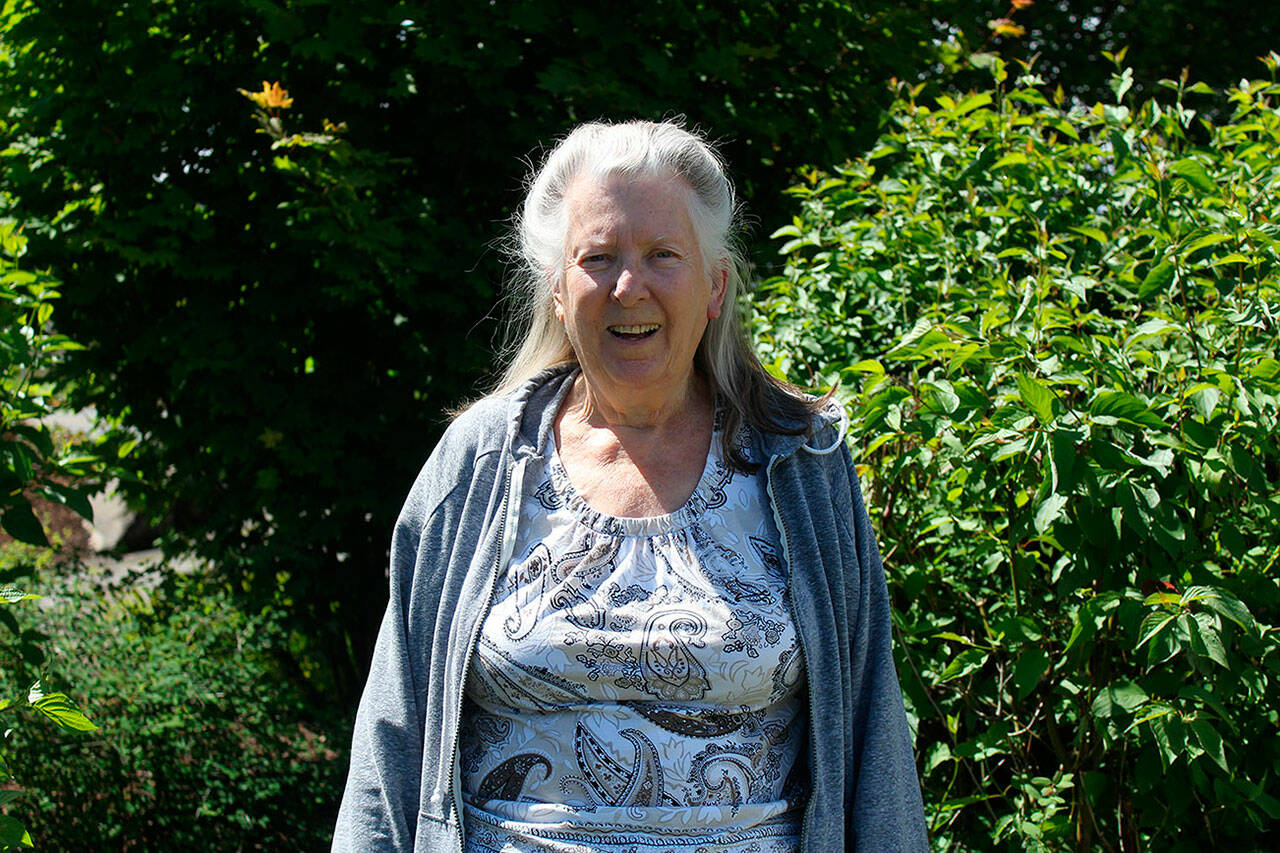Oneness is a new word for many. It is about rejecting prejudice and exclusion, and the damage it can cause. You never really understand a lot about prejudice until you have experienced it firsthand. I have been around long enough to have seen many things for myself.
Being a military “brat”, our life was a different then civilians’. We moved a lot, so we were exposed to many opinions and beliefs and because of the standards of the military; it was diverse in the ethnicity it entailed. Still, in the 1950s, there were still segregated bathrooms; segregated drinking fountains; even segregated sections of a town where black people could not live (and the horrible conditions of the other part of town that had little amenities, even those as simple as parks and sidewalks). Some restaurants would only seat white people, while others designed spaces that minorities were allowed to occupy. Have you seen the movie “Hidden Figures”? It depicts what was happening during that time, and is a good example of the prejudice of that age.
I am sure there was also acts of prejudice in the military at that time, but there were rules against it. We were raised with soldiers and their families of a wide variety of nationalities and races. At one time, my father was in charge of workers and relieved someone of their job due to poor attitude and lack of productivity. Because of this, my father was accused of firing him because of his race. There was a hearing about it, and when the accusation of prejudice was raised, my father spoke of his history of respect and open mindedness of all races, which was the kind of man he really was.
He further stated that he raised his family with the same values, proudly speaking about his children — “My oldest son is married to a Korean, my next son is married to a Mexican, my oldest daughter is married to an American Indian and my youngest daughter is married to an Englishman.” My father was found to be of no fault and justified in his actions. I am sure his children’s example had something to do with his acquittal.
“A garden in which flowers of many colors and fragrances grow side by side is pleasing to the eye. And though different, each flower is refreshed by the same rain and receives the warmth of one sun. This is also true of humanity. It is made up of many races, and colors. But all come from the same God, and all have the same origin. The diversity in the human family should be a source of harmony, as it is in music where different notes blend together to make a perfect cord.” (Ruhi “Arising to Serve”)
Prejudice in all forms is evident in our society, whether religious, racial, gender, ethnic, or economic, it is damaging to our progress and peacefulness. It is destructive and is opposed to the commands of all the great religions. For thousands of years humanity has suffered from war and bloodshed spurred on by one or another of these prejudices. Spiritual teaching state that religion is the light that guides our steps and opens to us the doors of unending happiness. We risk this happiness when we allow these prejudices to remain prominent. When we investigate for ourselves, what is happening in our life and community, we can see the negative effects it has. As long as they persist, humanity will not have rest, peace and security.
Some members of society are satisfied, living in great comfort and luxury, while others are in want of food and shelter. Some are enormously rich, and others live in utmost poverty. The laws of society and individual morals must be formulated and enforced in such a way that it is not possible for a few to amass inordinate wealth and for others to be destitute. This does not mean that all must be equal, for differences in degree and capacity are inherent in all people.
“Difference of capacity in individuals is fundamental to human existence. Therefore, it is not possible for all people to be equal in every respect. Yet human affairs, in their entirety, should be governed by the principle of Justice. Justice must be sacred, and the rights of every person must be safeguarded. …If it be right for a capitalist to possess a fortune, it is equally just that a worker should have sufficient means of existence. The essence of the matter is that Divine justice must become manifest in human conditions.” (Ruhi, “Arising to Serve”)
Have you been the victim of injustice? Have you been singled out because of race or sex and unjustly treated as someone “less entitled” than others. Justice is defined as being upright, fair, proper, right, and equitable. An abundance of good words sometimes hard to see in actions. It calls for fair mindedness, and it thus is a constant and demanding companion in the daily occasions of life. Justice is an indispensable compass in decision making, because it is the only means by which unity, thought and action can be achieved. It is this justice that creates our ability to see the oneness we share, instead of the separateness and discrimination that can be so harmful.
“World order can be founded only on an unshakable consciousness of the oneness of mankind, a spiritual truth which all the human sciences confirm. Anthropology, physiology, psychology, recognize only one human species, albeit infinitely varied in the secondary aspects of life. Recognition of this truth requires abandonment of prejudice – of every kind – race, class, color, creed, nation, sex, degree of material civilization, everything which enables people to consider themselves superior to others.” (The Universal House of Justice, “The Promise of World Peace”)


